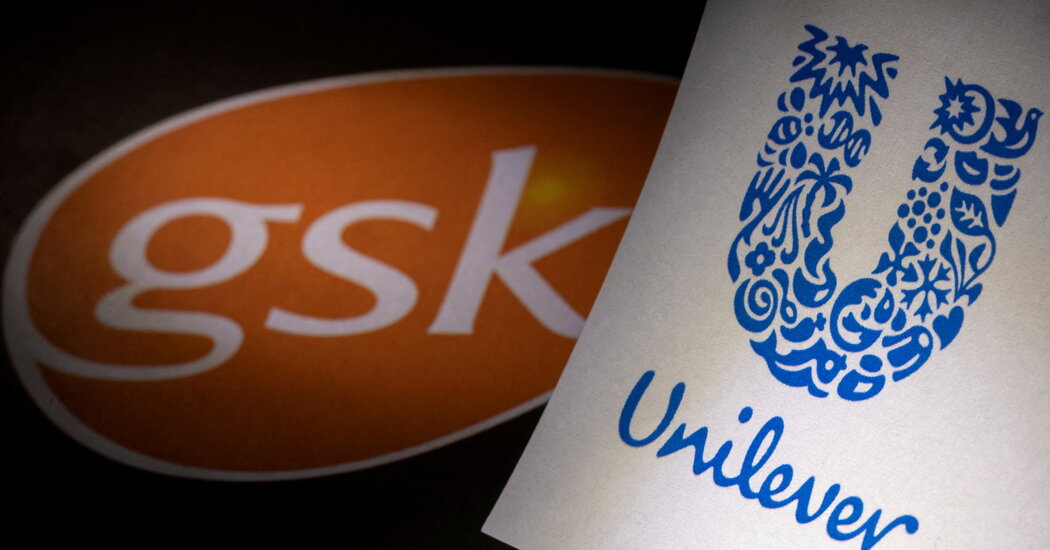An activist investor adds pressure as Unilever seeks a new strategic direction.
LONDON — Only days ago, Unilever suffered a big defeat when it was forced to drop its $68 billion bid for GlaxoSmithKline’s consumer health business.
Now it must deal with one of Wall Street’s most prominent activist investors, Nelson Peltz, who has amassed a stake in the consumer products giant via his investment firm, Trian Fund Management, two people briefed on the matter said on Sunday.
It is unclear how much of a stake Trian owns or what it is calling for, though one of the people said the firm had begun buying shares in Unilever before the company’s pursuit of the GlaxoSmithKline business became public.
Representatives for Unilever and Trian declined to comment on the investment, which was first reported by The Financial Times.
Still, the emergence of Trian, known for pushing for change at corporate giants like General Electric, Mondelez and Procter & Gamble, adds more pressure on Unilever as it casts about for a new strategic direction.
Shares in Unilever plunged last week after it said it was interested in buying Glaxo’s consumer business, despite having been rejected three times. After emphatic resistance from investors and analysts — one analyst titled his research note about the deal “Please Don’t” — over concerns about price and ability to integrate the business, Unilever said it would not raise its takeover bid, effectively walking away.
Unilever has said that it wants to focus more on higher-growth businesses like beauty, health and hygiene, and that it would sell slower-growing businesses. The company has already taken steps toward that, including through its deal last year to sell global tea brands like Lipton and Tazo.
And two years ago, it moved to consolidate its vast consumer goods empire in London, abandoning its second headquarters in Amsterdam to simplify its operations.
Even before the GlaxoSmithKline bid, another of Unilever’s top shareholders, the investment firm Fundsmith, criticized the company for focusing too much on climate- and social-focused causes, and said the company had neglected its fundamental businesses.
Unilever now faces a potential new threat in Trian, known for writing detailed analyses of the operations of its shareholder activism targets. (Its so-called white paper on G.E. ran to 80 pages.)
Trian is known for pushing for companies to simplify their corporate structures, often through divesting underperforming businesses. At P.&G., for example, Trian argued that the consumer goods giant should cut costs and layers of bureaucracy, though not necessarily that it should sell off divisions.
Mr. Peltz eventually gained a board seat at P.&G. in 2017, after waging what was the most expensive board fight on record. He finally stepped down last year, with P.&G.’s shares up significantly from when Trian first began calling for changes.


























